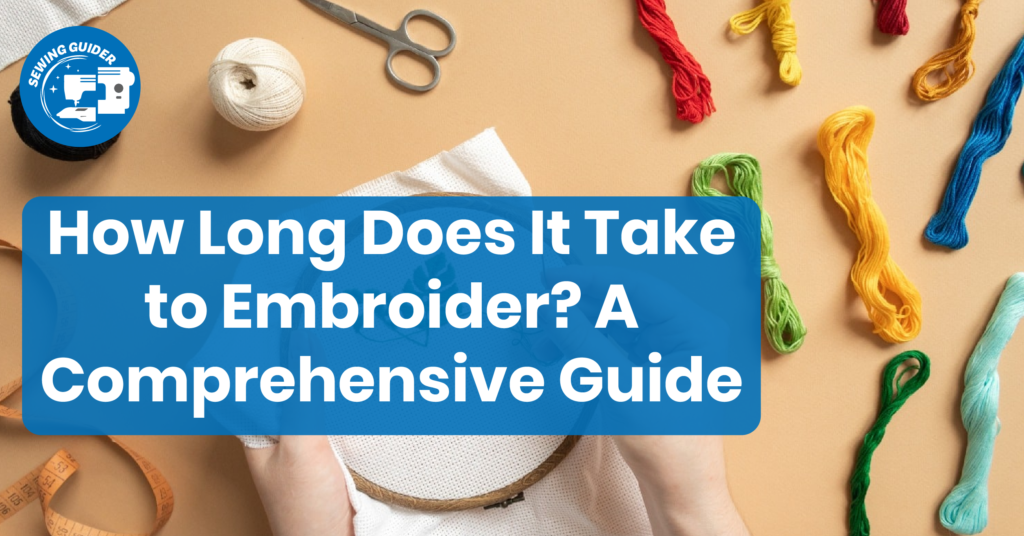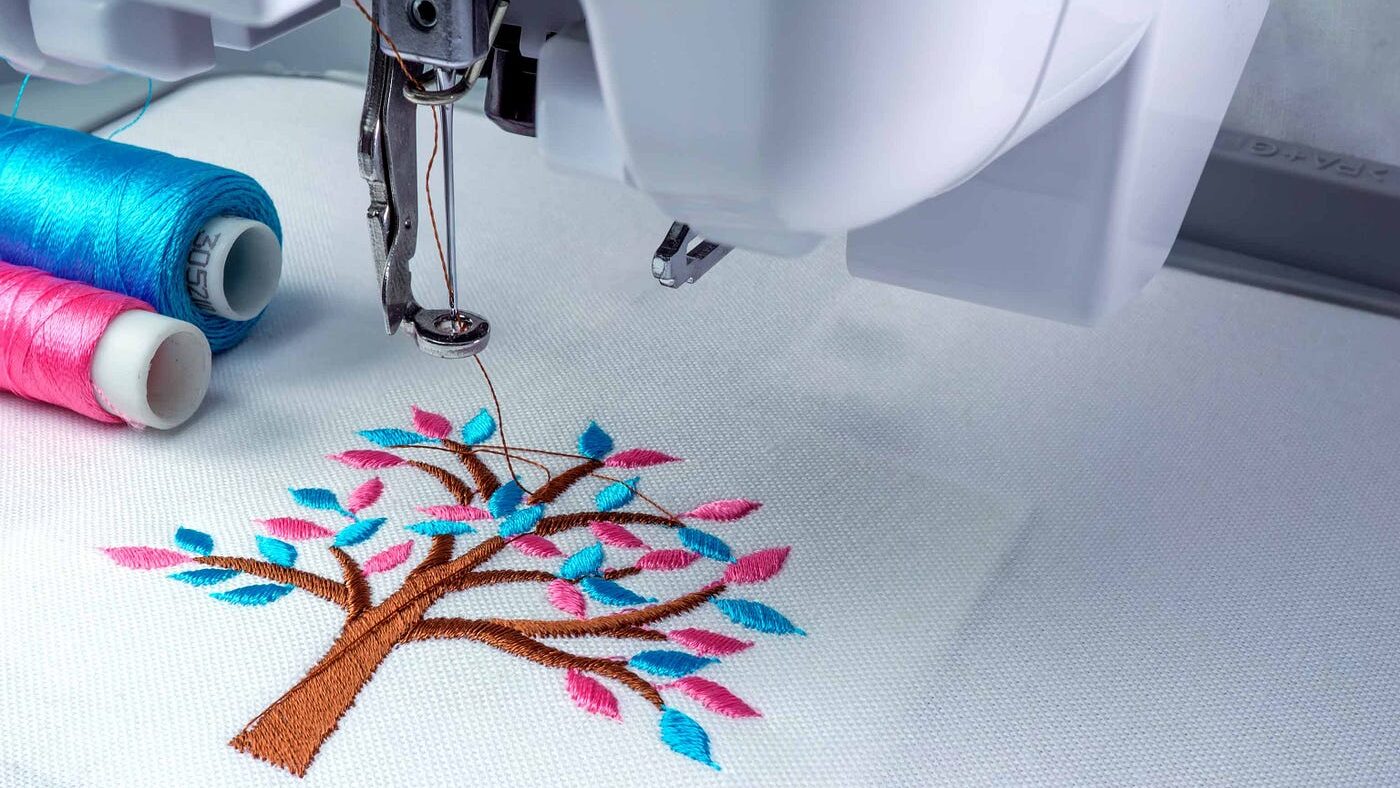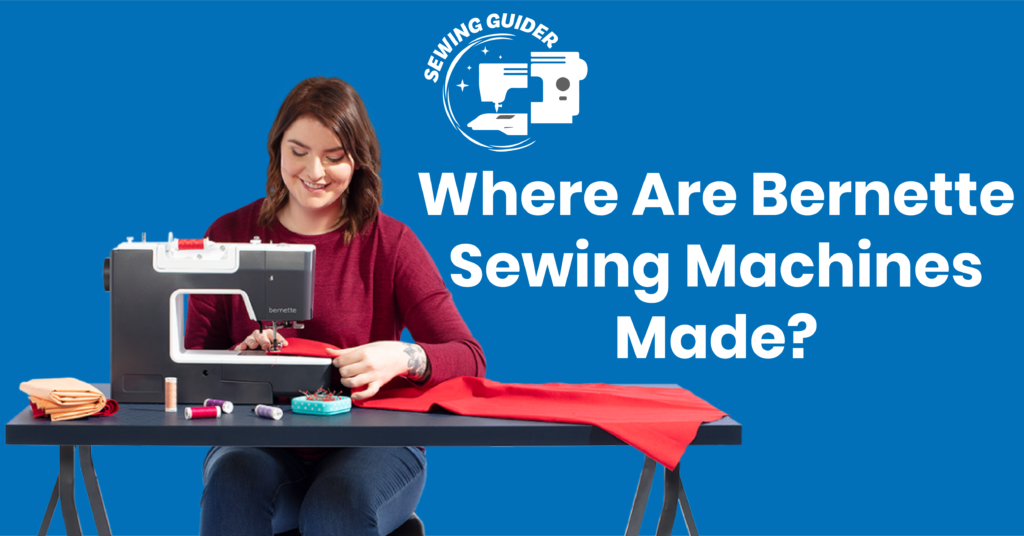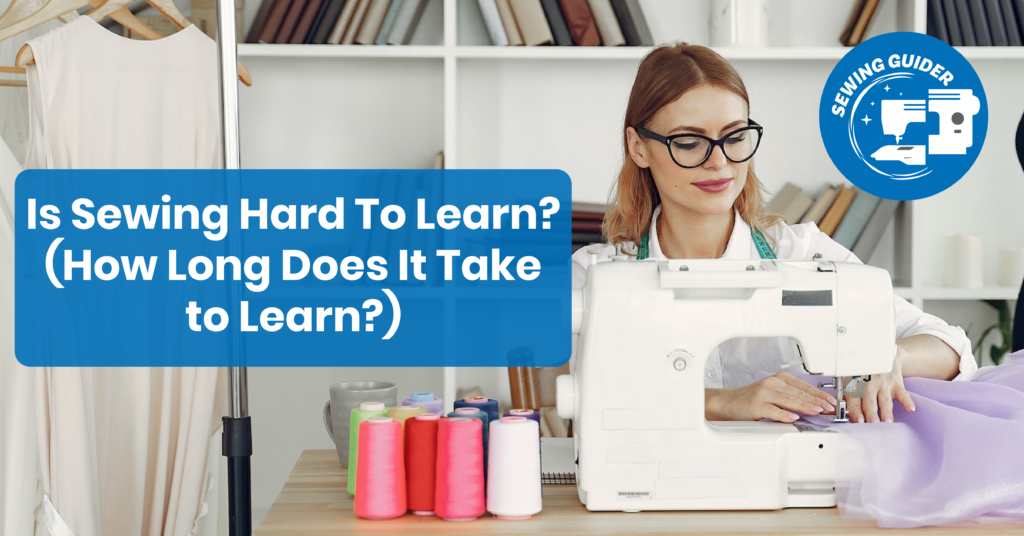Unraveling the Art of Embroidery: Timeframes
Embroidery has been around for centuries and is a beautiful art form. It captures the beauty of intricate threadwork. You might have a burning question, How long does it take to embroider? If you are new to embroidery or considering it. It’s more complex than you may think. This comprehensive guide will explore factors influencing embroidery timeframes – from design complexity to stitching skill level – and provide insights on optimizing your stitching efficiency.
Factors affecting embroidery timeframes:
Time:
The complexity of the design you choose will affect your time requirements. Simple patterns with few colors and stitches can be completed in hours. However, intricate designs with many colors and details may require several days or weeks.
Stitches:
The density of the stitches in a design is essential. A higher stitch density means more time is spent covering an area. It impacts the total time commitment.
Experience:
Experience is important. Experienced embroiderers may complete a project quicker than beginners because they are familiar with the techniques and efficient in using embroidery equipment.
Embroidery method:
The type of embroidery you select (hand or machine) will also affect how long it takes. Machine embroidery is faster because it can produce intricate designs more quickly.
Thread Changes:
Designs with multiple colors require frequent thread changes. Each change can add a little time to a project.
Optimizing Embroidery Efficiency
Prepare your fabric:
Prepare your fabric and design properly before you start. Selecting the suitable fabric is essential, accurately transferring the design and placing the fabric into the embroidery hoop.
Organize Your Workspace:
A clean workspace, with all the tools you need at your fingertips, can save you time. Arrange all your threads and needles before you begin.
Quality materials:
Quality materials can improve the efficiency and smoothness of stitching. These materials are less likely than other types to fray or tangle, which can lead to potential problems.
Thread tension:
Keep your thread tension and stitch tension constant throughout the project. Uneven stitches can be caused by inconsistent tension, requiring corrective action and extending the time required.
Plan thread changes:
If you use multiple colors in your design, planning the thread changes is essential for minimal disruptions and waste.
How difficult is it to embroider?
Like any other skill, embroidery has its learning curve. Beginners can quickly learn simple designs and stitches, but mastering complex patterns and techniques takes practice. You can create beautiful embroidery pieces with patience and online resources.
How long does embroidery take?
The time it takes to embroider a design can vary greatly depending on the complexity of the design, the density of stitches, and your skill level. While simple designs may only take a few minutes, more complex projects can last for days or weeks. To become faster and more efficient, patience and practice are essential.
How long does it take to embroider with a machine?
The process can be significantly accelerated by machine embroidery. The complexity of a design can affect the time it takes to complete. Still, machines can stitch intricate patterns much faster than by hand. Machine embroidery is a good choice for large projects because of its consistent stitching speed and automated thread changing.
How Fast are Embroidery machines?
The speed of an embroidery machine depends on its model and manufacturer. The speed of entry-level machines can range from 400 to 600 stitches per second. In comparison, more advanced models can stitch over 1000 stitches per second. While faster machines can speed up projects, they require more attention to ensure stitch quality and avoid thread breakage.
Conclusion
In the world of embroidery, time is an essential ingredient that goes into creating exquisite art pieces. How long it takes to embroider depends on a myriad of factors, each adding to the uniqueness of the process. Whether creating personalized gifts, fashioning home decor, or simply expressing your creativity, the time invested in embroidery is a testament to your dedication to the craft. So, please pick up your hoop, thread your needle, and let your imagination weave its magic through each carefully placed stitch.
Frequently Asked Questions
Can I Speed Up the Embroidery Process?
Yes, you can optimize your embroidery efficiency by preparing your workspace, using quality materials, maintaining consistent tension, and planning thread changes. Practice and experience also contribute to faster stitching over time.
How Long Does Embroidering a Large or Intricate Design Take?
Larger and more intricate designs demand more time. Projects of this nature could take several days or weeks to complete, depending on the complexity. Machine embroidery may expedite the process for intricate designs.
Is Machine Embroidery Faster Than Hand Embroidery?
Machine embroidery is generally faster than hand embroidery, especially for complex designs. Embroidery machines can produce consistent stitches and execute intricate patterns more quickly.
What Can I Do To Improve My Embroidery Speed?
Consistent practice is critical to improving your embroidery speed. Learning efficient techniques, becoming familiar with your equipment, and refining your stitching skills will naturally lead to faster and more confident stitching.
Does the Type of Fabric Affect Embroidery Time?
Yes, the fabric type can impact the time required. Thicker or denser fabrics might slow the embroidery process due to increased stitch density. Choose fabrics that complement your design and are suitable for embroidery.
How Can I Estimate the Time for an Embroidery Project?
Estimating embroidery time involves considering design complexity, your skill level, and the embroidery method. You can start by breaking down the design into sections and timing yourself as you stitch a sample section.
Is Embroidery a Time-Consuming Hobby?
Embroidery can be a relaxing and time-consuming hobby, depending on your approach. While simple projects can be completed relatively quickly, more intricate designs can offer a meditative and fulfilling experience over a more extended period.





